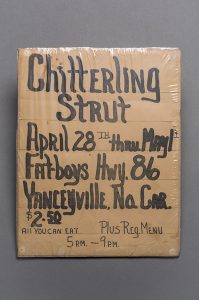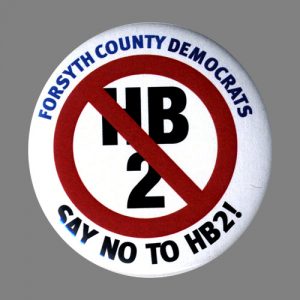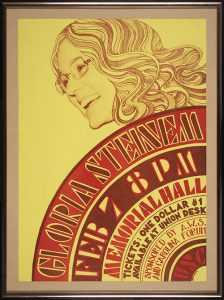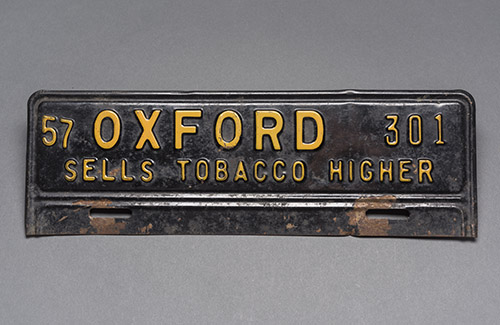“In 1861, [Dan] Sickles organized militia for the Union effort, and the next year was appointed brigadier general under Gen. Joseph Hooker in the Army of the Potomac. He rose to major general… and notoriously defied his commanding generals’ instructions at key battles. At Gettysburg, a cannonball mangled Sickles’ right leg, and it had to be amputated.
“Sickles donated his leg, soaked in whiskey as a preservative, to the Army Medical Museum in Washington, D.C., where it became exhibit No. 1335.
“ ‘For years afterward,’ Reid Mitenbuler writes in his book, ‘Bourbon Empire: The Past and Future of America’s Whiskey,’ ‘on the anniversary of the amputation Sickles would visit his leg at the museum to remind everyone of his heroic sacrifice, using it to revive a political career that lasted until he’d died at the age of ninety-four.’
“This is the man who ran Reconstruction in North Carolina….”
— From “African-American news reflected 1860s Asheville” by Rob Neufeld in the Asheville Citizen-Times (Feb. 25)
And then there’s Stonewall Jackson’s arm….


 As everywhere else in the state, public opinion on HB2 in Forsyth County was
As everywhere else in the state, public opinion on HB2 in Forsyth County was 
